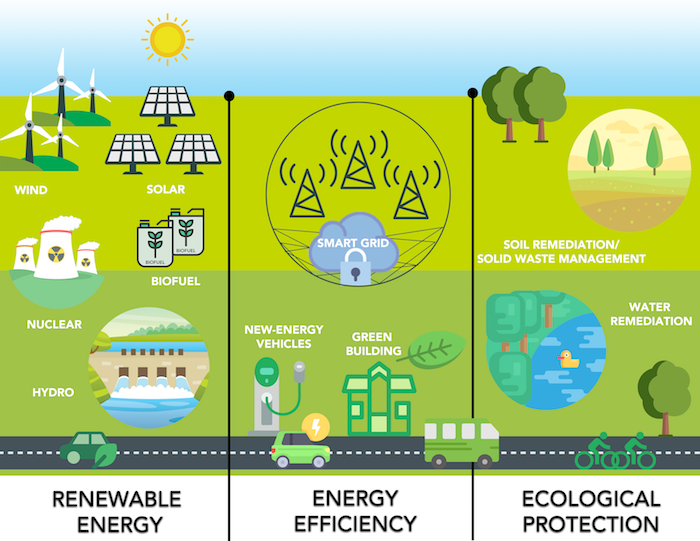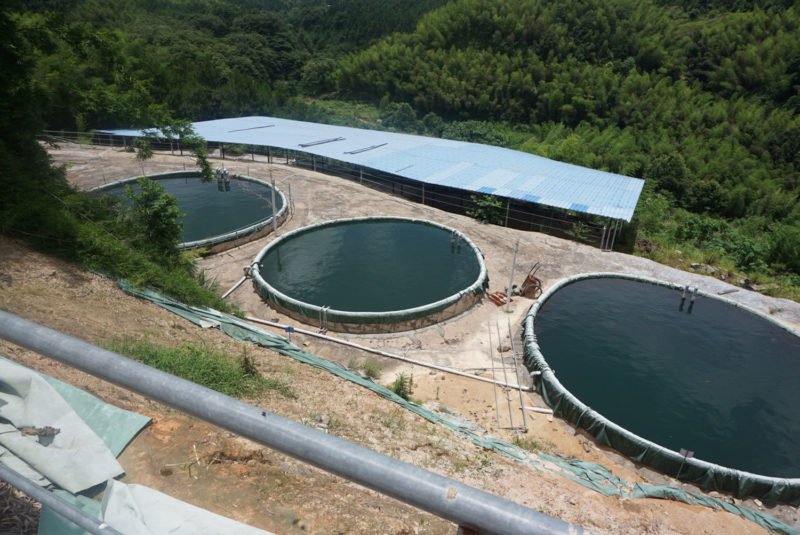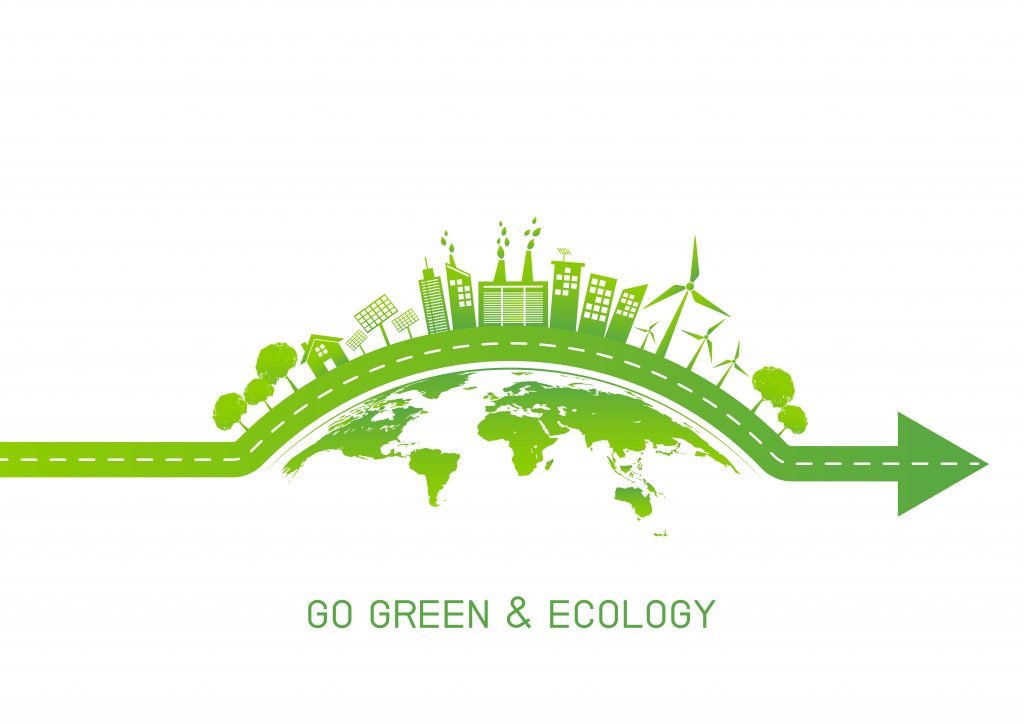To solve climate chaos, replacing a 150-year-old fossil fuel system with a gleaming electrical one in only 25 years will entail huge ecological consequences. Climate change is only one symptom of a larger problem: unsustainable resource usage on a finite world.

Any imperfect answer to our current civilization-threatening situation must entail reducing our energy usage rather than developing high-tech fantasies that continue to accelerate it.
According to the work of geologists, journalists, physicists and energy experts — including Simon Michaux, Siddharth Kara, Vaclav Smil, Guillaume Pitron, Alice Friedemann, Nate Hagens and Tom Murphy — who have done the critical math with respect to biophysical realities and limits, show that humans will have to mine more metals and minerals over the next 30 years than have been dug up over the last 70,000 to build a “renewable” transition.

As a result, the world economy lacks the metals, rare earth minerals, energy, time, and money to achieve this shift, and we must explore other measures such as drastic cuts in energy demand and material consumption.
Experts pointed out that a so-called green world would resemble China, a leader in rare earth manufacturing and processing as well as so-called clean and green technology. However, in praising China as a green pioneer, western environmentalists have overlooked the underlying environmental costs: filthy towns, cancer-ridden residents, and mountains of electronic waste.

Mining has not only ruined countless waterways but contaminated nearly a fifth of that’s country’s arable land with heavy metals. Meanwhile people drive electric cars powered by coal-fired electricity thinking they are making the world a greener place. Coal consumption has recently increased and powers 56 per cent of China’s energy.
The making of four materials — ammonia, plastics, steel and concrete — account for a fifth of the world’s energy spending and a quarter of its greenhouse gas emissions. Building a windmill or solar farm without them at the present technological know how is impossible.

Despite two decades of hype about clean energy technologies, the global economy still gets 82 per cent of its energy from fossil fuels. However, if we consume less, travel less, build less, eat less wastefully and design cities that do not demand lengthy commutes and that respect size limits we can still hope for a clean and green world.
Reference- Wall Street Journal, National Geographic, Reuters, Interesting Engineering, Science Direct






